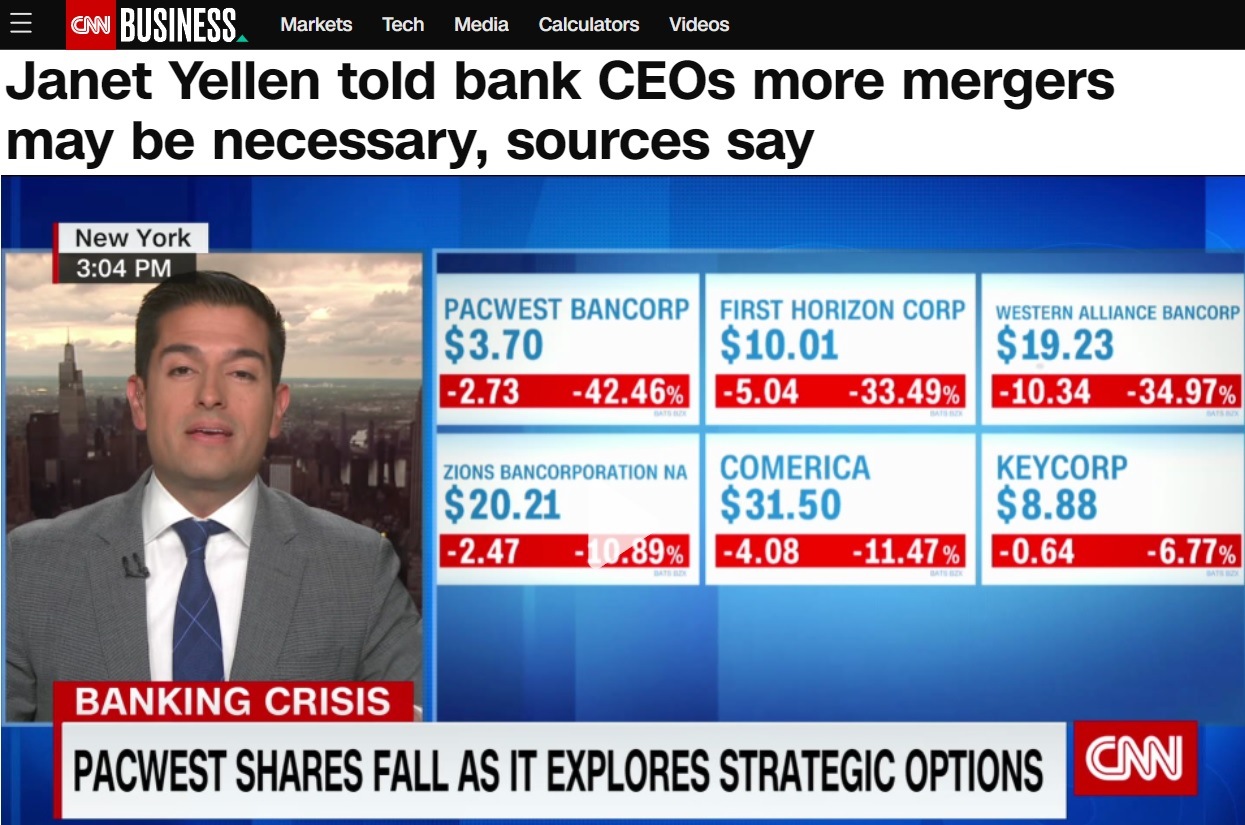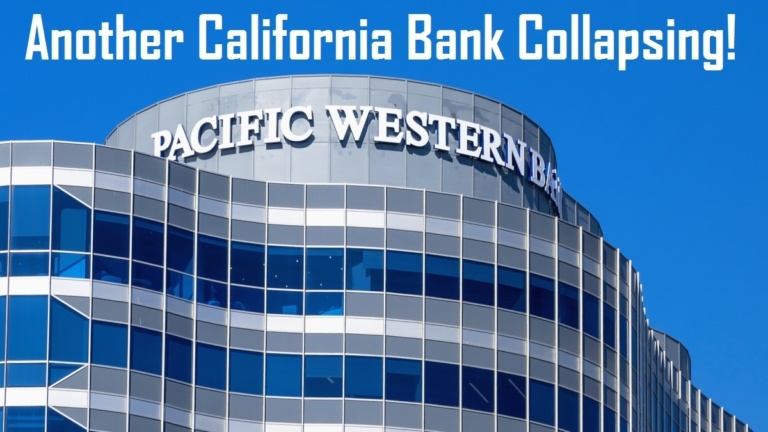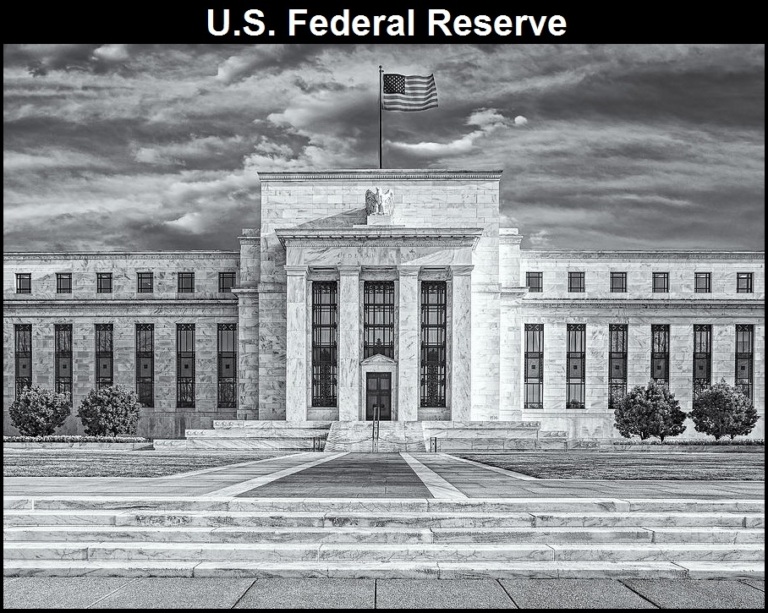As I write this on Tuesday, October 4th, 2022, the stock market in the United States is up significantly, for the second day in a row.
And yet even in the Corporate Media financial publications, which tend to emphasize the positive for investors, the news about what the immediate future holds is very gloomy today.
Here is one example from MarketWatch today which I saw on their homepage at the same time that the DOW was up almost +800 points, which featured an interview with Keith McCullough, founder and CEO of Hedgeye Risk Management.
"An entire generation of Americans hasn’t gone through a recession. A lot of companies in Silicon Valley have never been through a recession, for example. My definition of a U.S. corporate profits recession is when the rate of change of revenue growth has gone negative and the rate of change of year-over-year profit growth has gone negative. The Federal Reserve, even if it were to turn dovish on interest rates tomorrow, will have a hard time stopping the profits recession.
When the rate of economic change is accelerating and the Fed is printing money, you buy anything that’s got a good chart and a good story. You’re going to make a lot of money until the music stops.
And it did. Now we’re seeing the opposite. The rate of change of real GDP growth and inflation are slowing at the same time. You can’t own inflation, commodities or growth now. If you’re still long pretend growth or profitless growth or crypto, I recommend prayer."
When a corporate financial news source features an interview on their homepage from a financial investment CEO who says "I recommend prayer," it is time to sit up and pay attention to what may be about to happen.
And while this CEO does not discuss possible bank failures, there are plenty of others today who are, based mainly on two international mega banks that seem to be on the brink of collapse: The Bank of England, and Credit Suisse.
What does a potential collapse of the banking system mean for you? Here is one analyst's view:
"During banking crises, you won’t have full access to your deposits in the bank. As a result, electronic payments such as bank cards may become useless. In the extreme case, your deposits could be used to recapitalize ailing banks in a process called 'bail-in.'"
Here are some examples of financial news reports that are being published today warning about bank failures that you may not read in the Corporate News.









